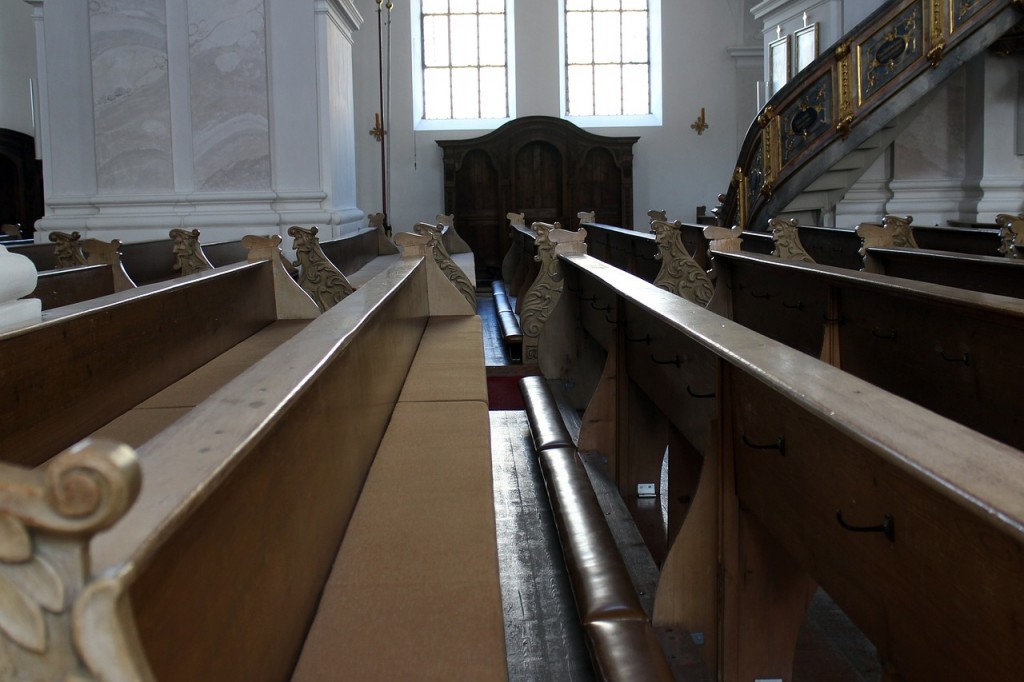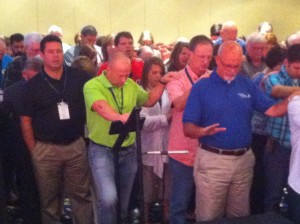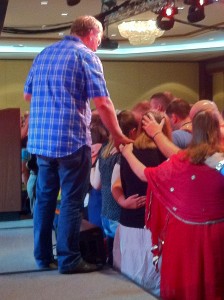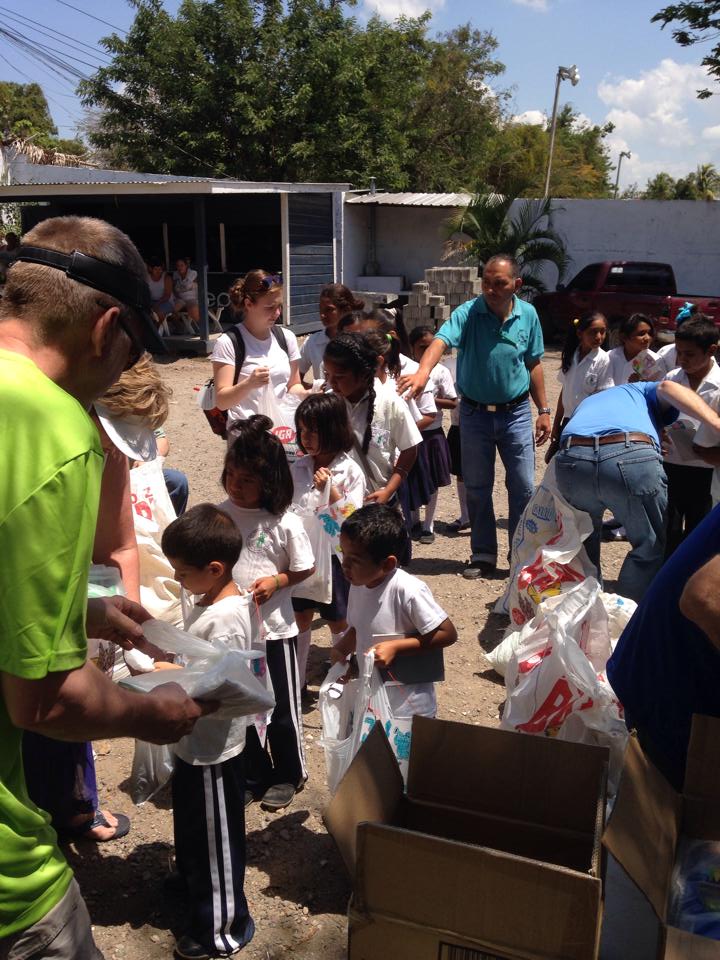By Franklin Dumond
While churches fail to grow for a number of reasons there are several habits that restrict growth. Habits that restrict growth, unlike obstacles that restrict growth, can be broken or relearned without official action by the congregation. That is to say that these habits are learned behaviors, not requirements mandated in the bylaws. Culture can be changed without a vote but new ways of thinking and acting take time to develop.
Habits that often restrict growth include:
- Seating patterns. When the congregation huddles in the back one-third of the auditorium it not only emphasizes emptiness it also takes all the best seats that would often be preferred by visitors.
- Announcements. Need to be reduced or eliminated if a printed bulletin is being used. Announcements on the screen should run before and after worship not during. Verbal announcements should be limited to features that impact everyone. In a smaller church most information that cannot be written or projected can be transmitted by word of mouth. Announcements, if needed, should NEVER be used at the beginning or in the middle of a worship service.
- Proofing. The tendency these days to use projection systems and word processors that save files for future use introduces the need to be especially vigilant regarding errors. Errors in lyrics where words are misspelled or misused, or when stanzas do not match what is being sung, cannot be corrected just by saving the file for next time.
- Guest Friendly Atmosphere. Everything must be filtered through what a first time guest would expect/experience. If it is confusing or boring to the first time guest then it should not be said or done.
- Décor. Most church décor should be simplified and targeted more toward men with fewer flowers, ornaments, and pastels.
- Too many hats by too few people. Often willing volunteers are few and far between. Capable volunteers may then take on too many responsibilities, leaving them tired and frustrated while not providing a place for new folks to serve.
- Solo rather than team ministry. Capable volunteers forge ahead knowing it is easier to do it yourself. This results in solo ministry rather than team development and thus long term service by the same volunteers.
- Status Quo. Doing what we’ve always done out of habit (because we’ve always done it) rather than doing what we’ve always done because it works is a habit that restricts growth.
- Dust, clutter, decay. We get accustomed to dust, clutter, and decay but fresh eyes see it and often avoid return visits.
- Loss of Celebration in Worship. Where there is no celebration in worship a sense of duty and obligation makes growth unlikely.
In a follow-up post, I will suggest a few solutions for church leaders to use to change these habits. (You can read those solutions here.)
What do you think? What habits have you noticed in congregations that restrict their growth potential?



